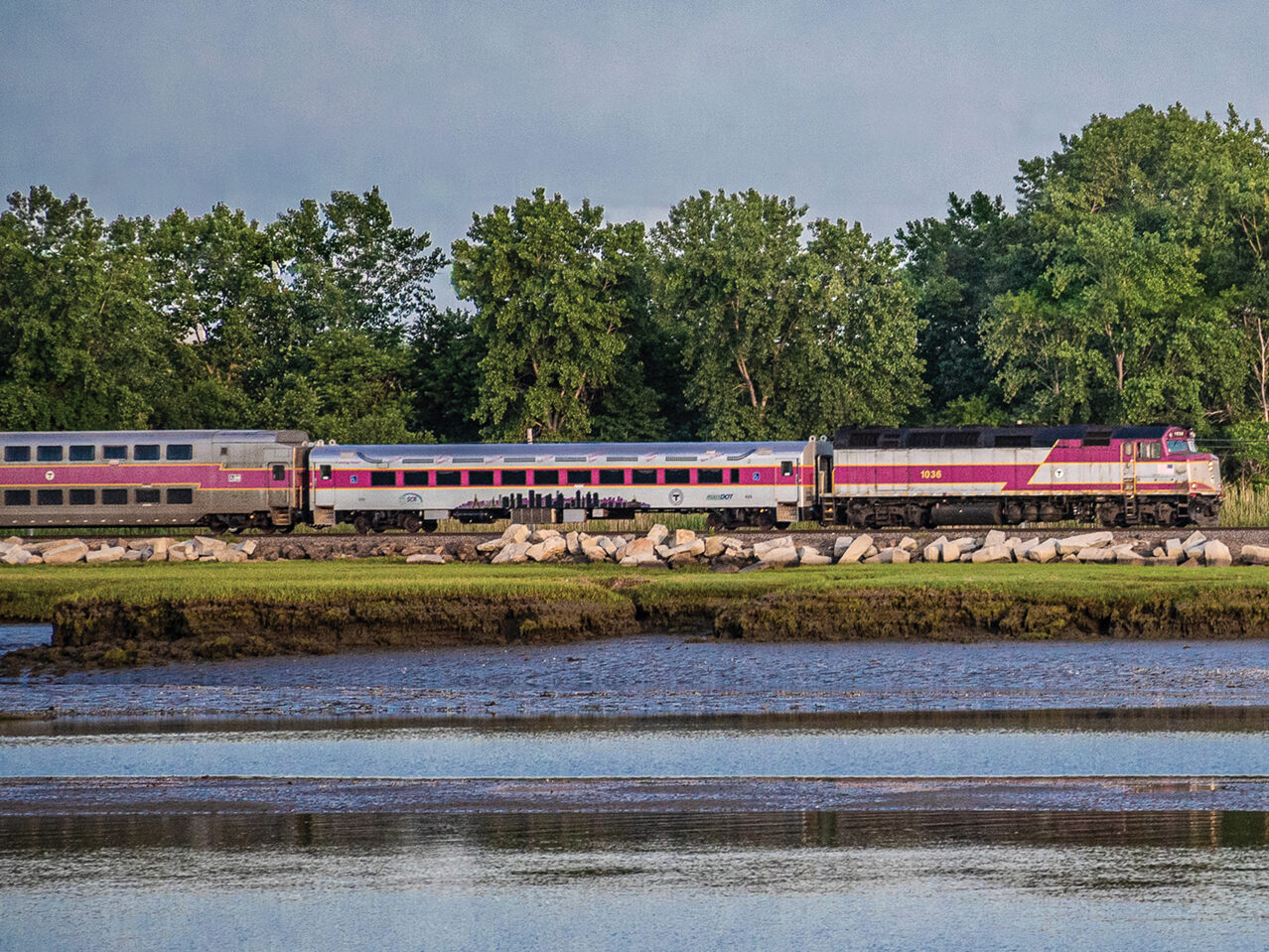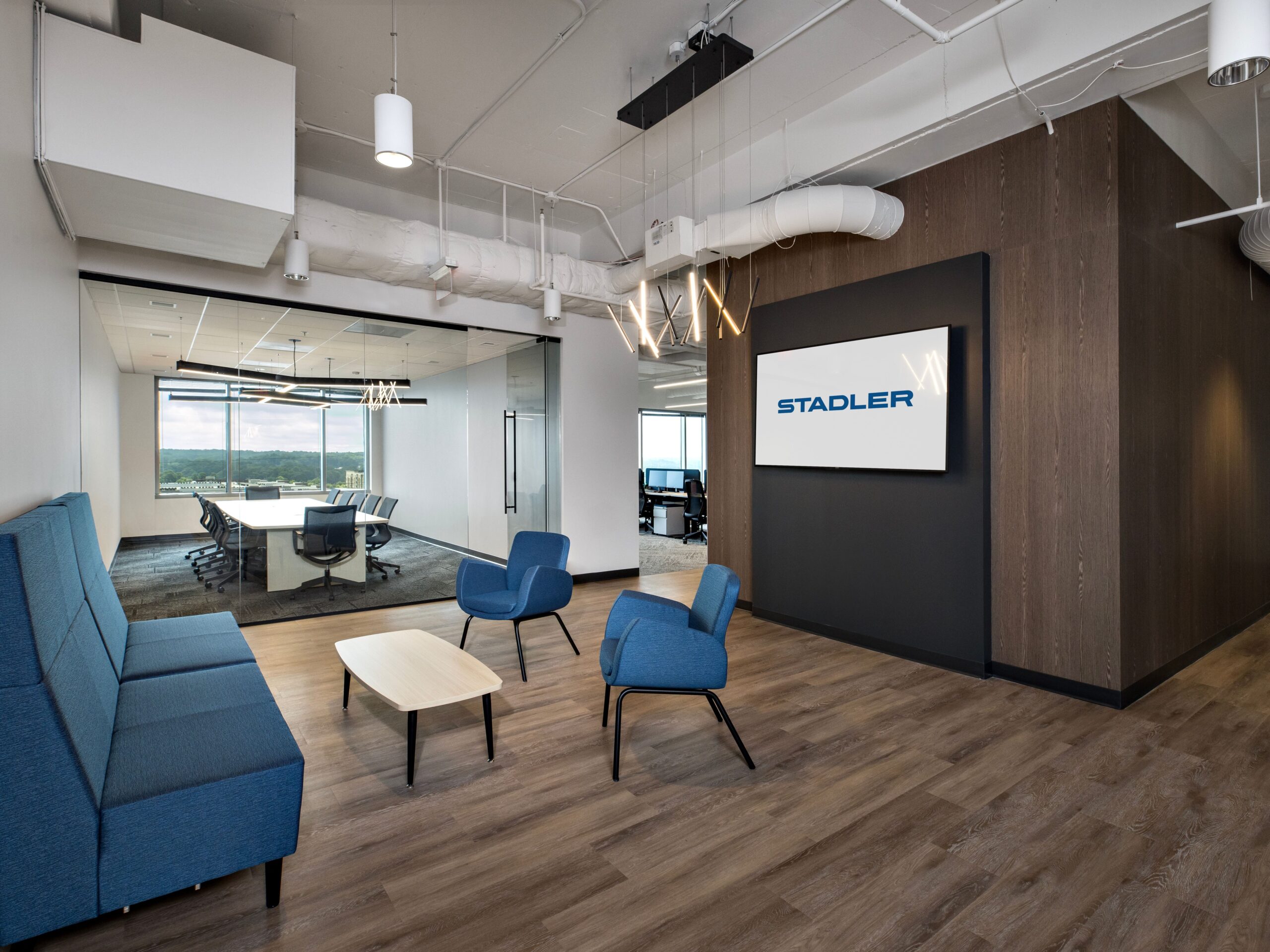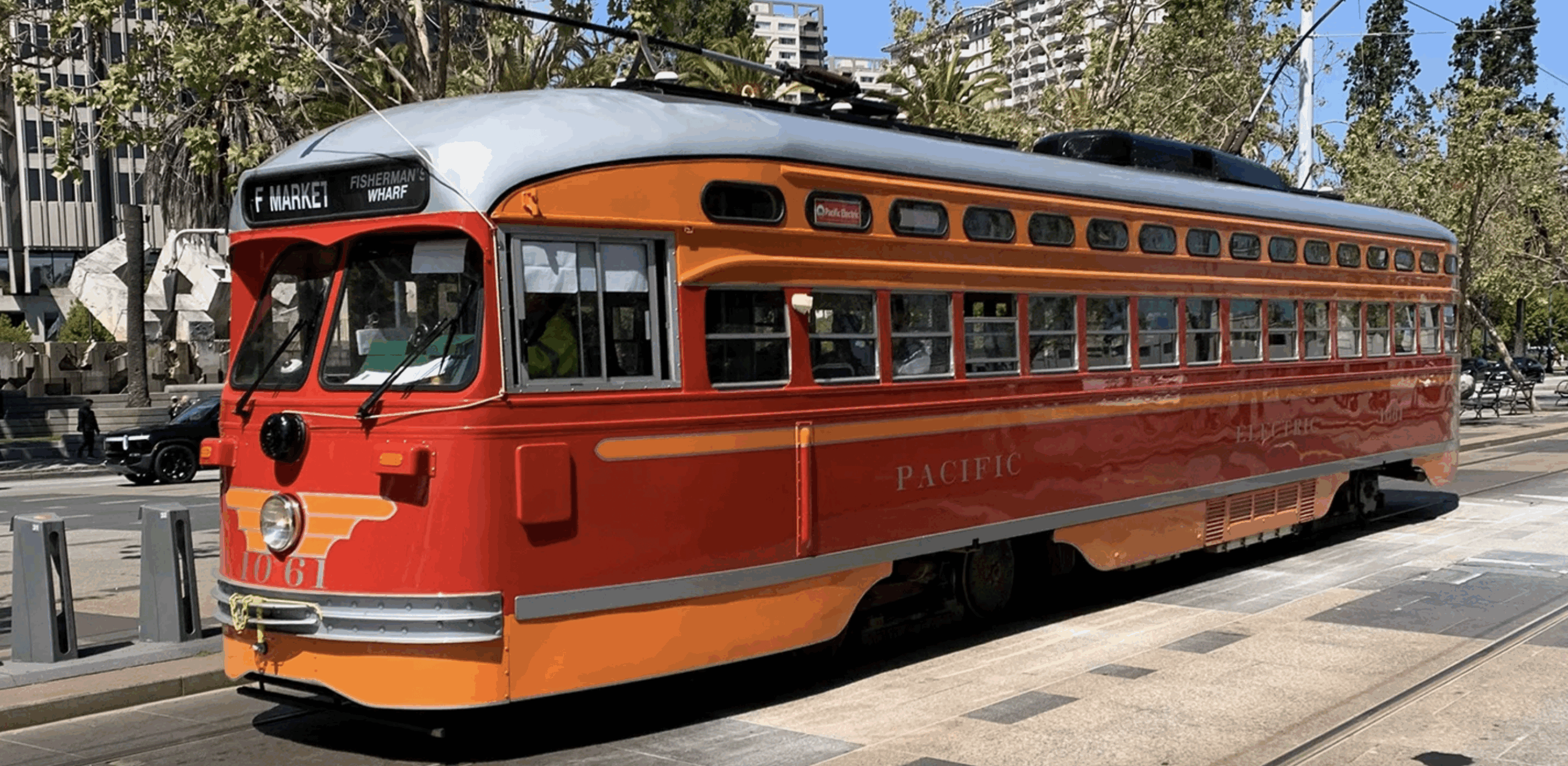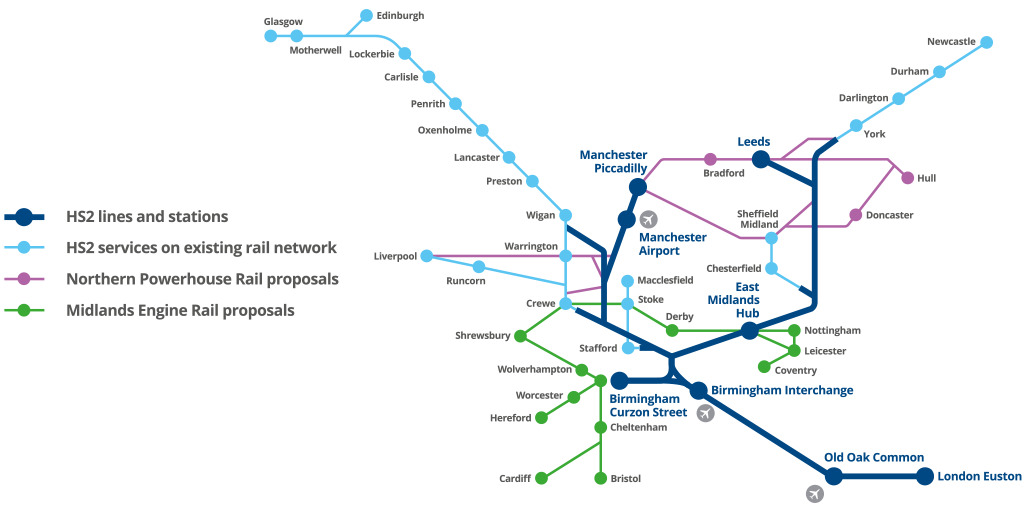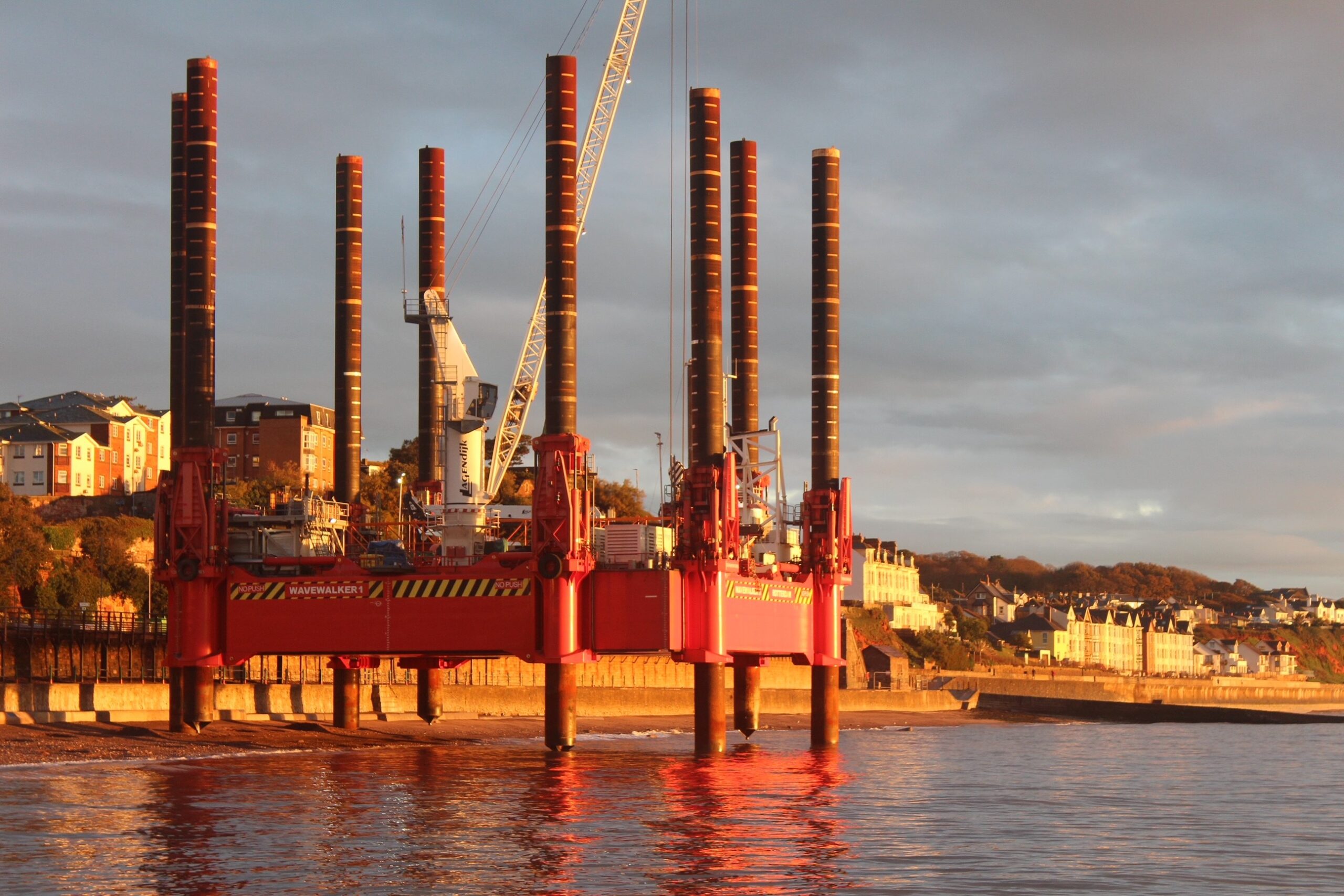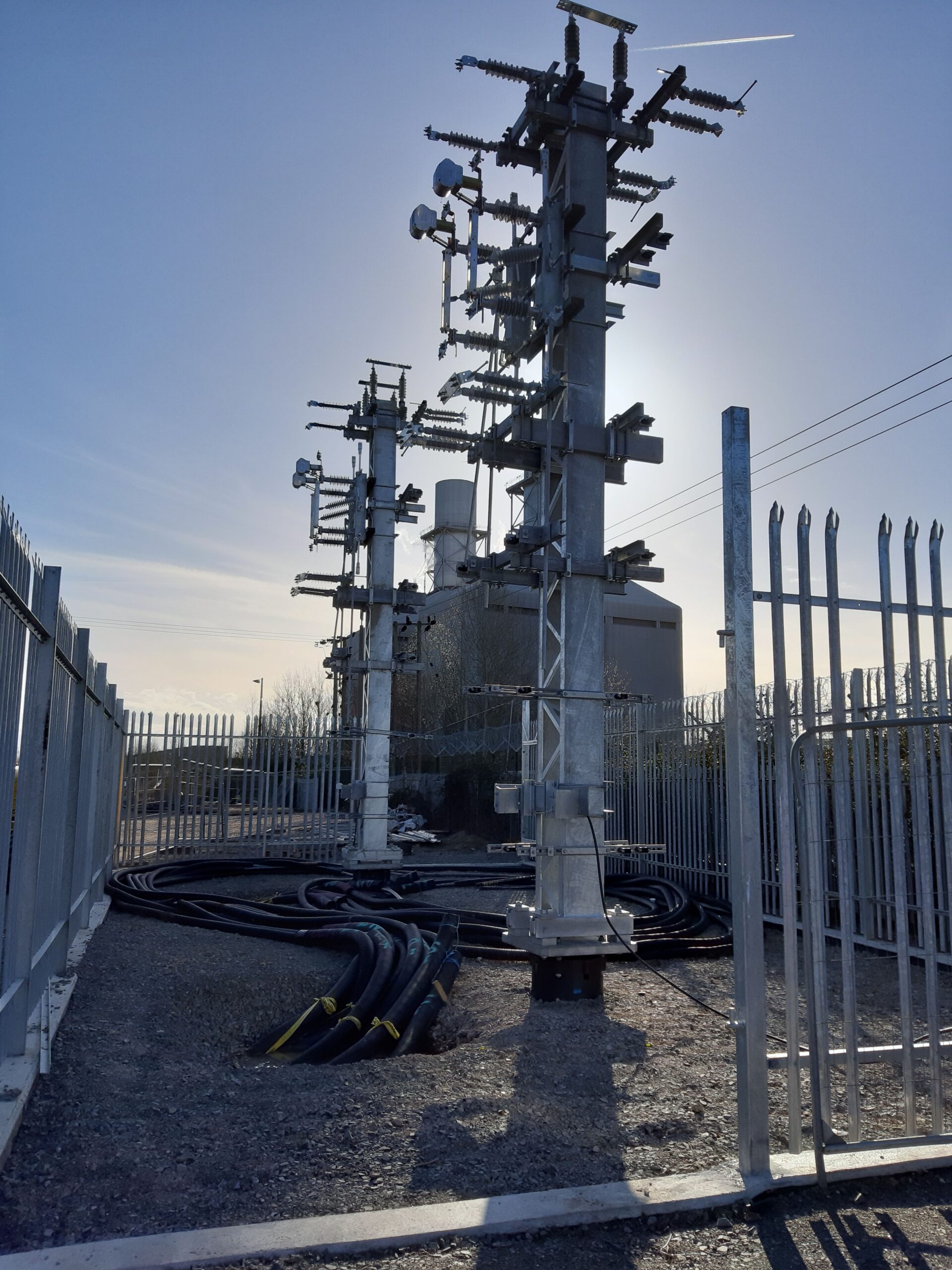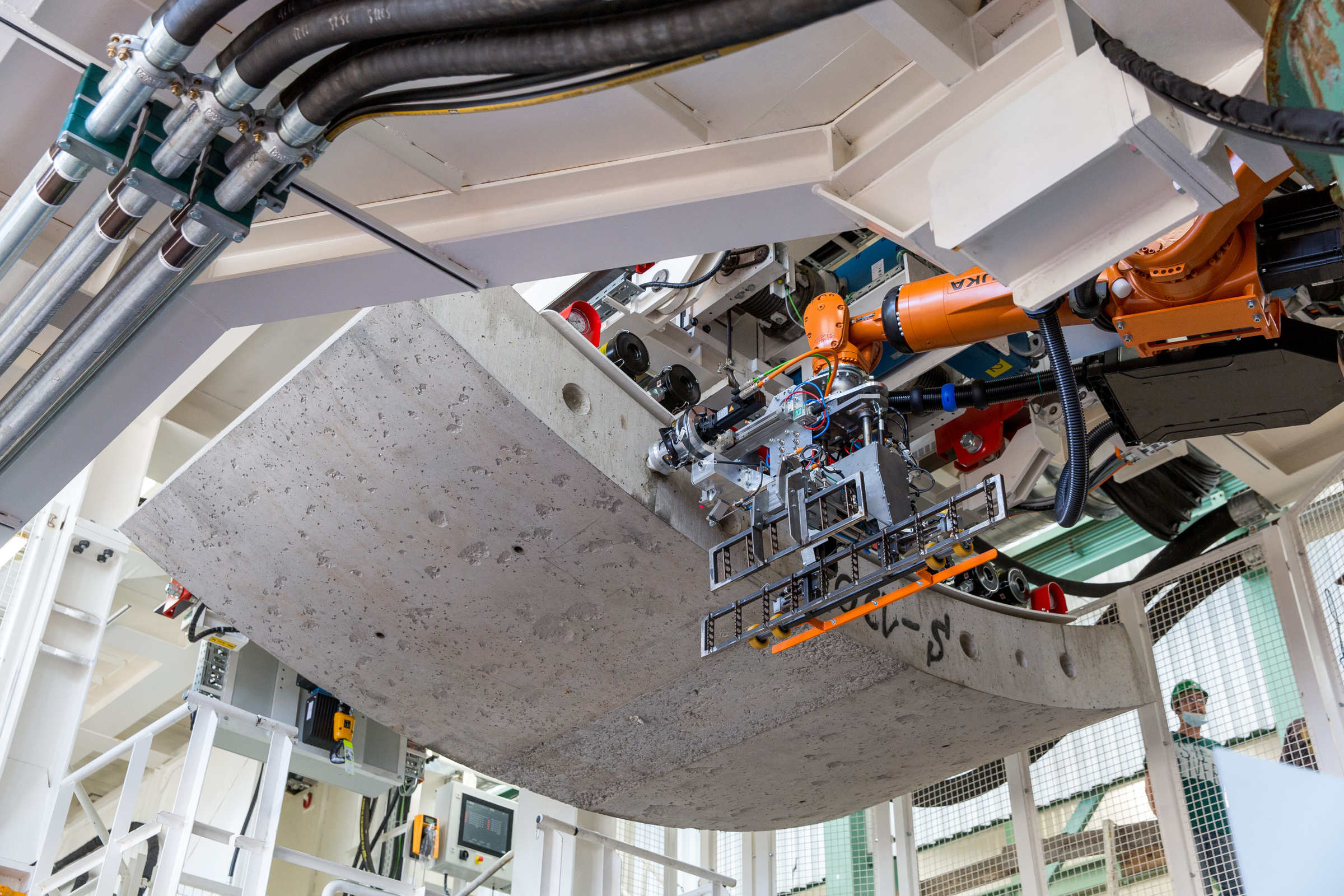The University of Leeds has entered into a research collaboration with the West Coast Partnership – the franchisee that runs rail services on the West Coast Main Line and that will run the HS2 phase 1 services.
The research collaboration is worth more than 1 million GBP and will be led by scientists and engineers at the university’s new Institute for High-Speed Rail and System Integration, which is being built next to the Leeds Enterprise Zone.
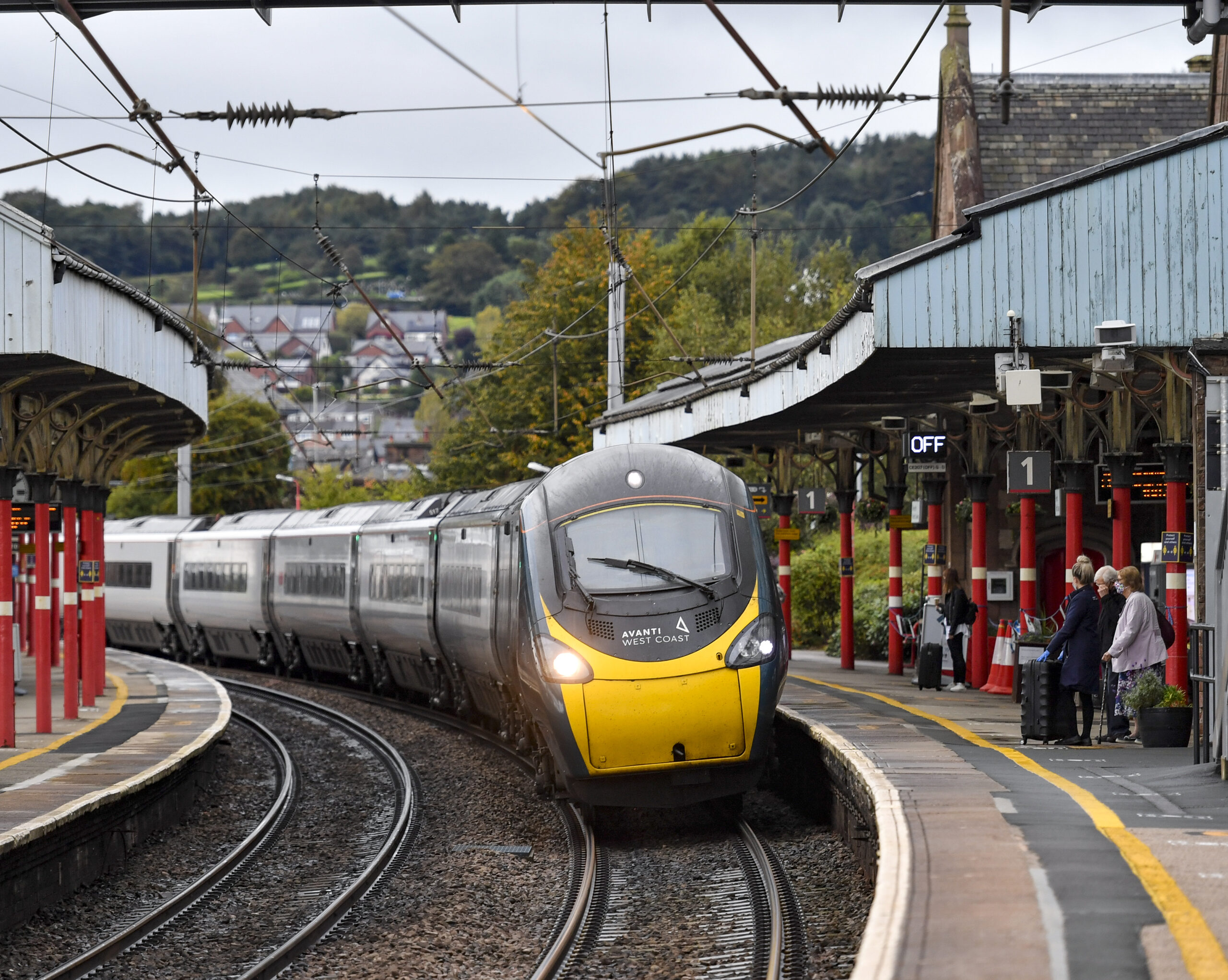
It will concentrate on the following key areas:
- Automatic train operation (ATO) and the European Train Control System (ETCS)
- Passenger movement on trains and in stations
- Full-scale testing of rolling stock and their system integration
- Driver training and simulation
- Passenger experience
Prof. Peter Woodward, Director, Institute for High-Speed Rail and System Integration, said:The Institute was designed to speed up the time it takes to get new innovative ideas introduced to the railway – and to ensure that when they are brought into service, they work as intended.
The facilities at Leeds will enable new technologies to be thoroughly tested and risk-proofed before they go live on a busy network, significantly reducing the likelihood of operational problems developing thereby reducing network delays and hence frustration among passengers.
Our founding philosophy is to work closely with the rail industry, and I am excited that we are forming a research collaboration with the West Coast Partnership that will be shaping the UK rail industry for decades to come.
The Institute for High-Speed Rail and System Integration will have a number of facilities at its disposal:
- A vehicle testing rig: a rolling track capable of testing trains and carriages at speeds of up to 250mph. Located on a tilting platform, it can simulate bends, ascents and descents. It can be programmed with GPS and track geometry data to mimic any railway line in the world.
At the institute, it will be used to design and test new traction and power systems, brakes and ways of improving energy efficiency. - An infrastructure testing facility: to re-create the huge forces generated on tracks, ballast and embankments by both conventional and high-speed trains. The facility will allow engineers to design and test new track and support structures much more quickly.
- A system-integration laboratory: it will measure how well various railway technologies – power, track, signalling, passenger information – work as an integrated whole. Rail projects can suffer from delays when systems are brought together and then found to be incompatible.
Caroline Donaldson, Managing Director, West Coast Partnership Development, said:We are at the start of a huge technological revolution on the West Coast Main Line. Within the next few years, trains will be greener and cleaner, passengers will travel in greater comfort, wi-fi will be faster and more reliable and there will be facilities to wirelessly charge mobile phones.
In nine years, we will also be running high-speed services on the HS2 line connecting some of the nation’s biggest cities including Birmingham, Manchester, Liverpool, Glasgow and London.
We will be using a lot of leading-edge technologies and helping us to embed them into our operations will be the highly-skilled research engineers and scientists at the Institute for High-Speed Rail and System Integration.
Also read:
- University of Leeds Enters Agreement to Research ECML Power Supply
- New Rail Research Centre Opens at Birmingham University
- High Speed Rail Group: “HS2 Eastern Leg Essential to National Levelling Up Agenda”
- Hydrogen Train Runs on UK Mainline for the First Time

















